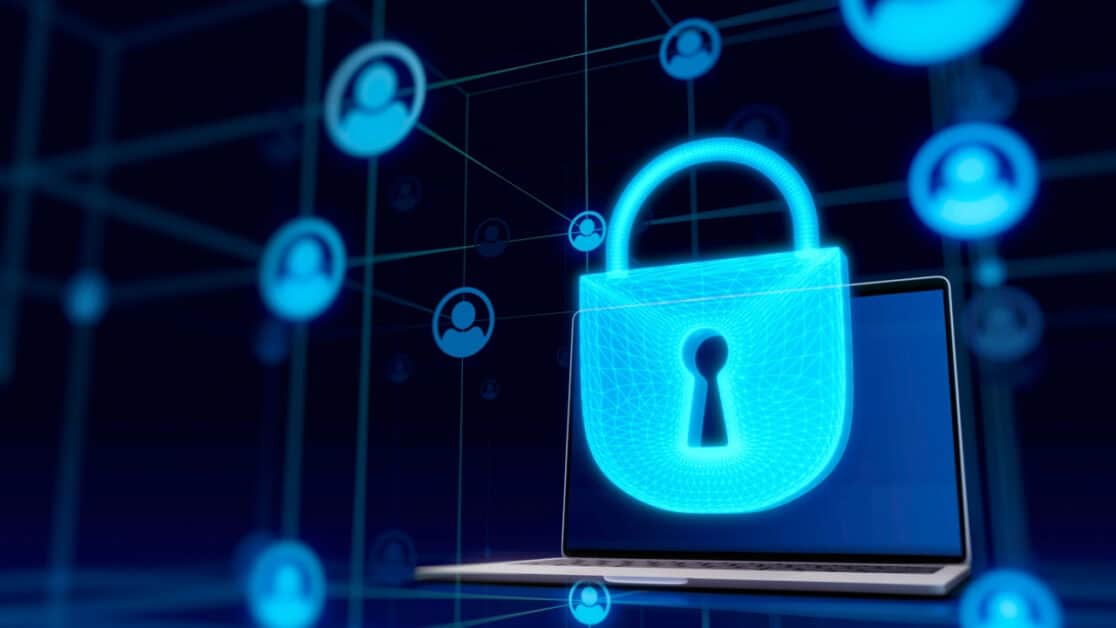À medida que o mundo dos jogos online continua a crescer, a segurança e a privacidade dos usuários tornam-se preocupações cada vez mais críticas.
Com milhões de pessoas acessando jogos online todos os dias, as plataformas se tornam alvos atrativos para cibercriminosos. Vazamentos de dados, fraudes e ataques cibernéticos não só comprometem a segurança individual dos jogadores, mas também ameaçam a integridade e a reputação das empresas desenvolvedoras de jogos. Este artigo aborda as principais questões relacionadas à segurança e privacidade em jogos online e discute medidas eficazes para proteger jogadores e desenvolvedores de ameaças digitais.
1. A Natureza das Ameaças em Jogos Online
Os jogos online, especialmente aqueles que possuem sistemas complexos de contas e transações monetárias, são frequentemente visados por hackers e fraudadores. Os tipos comuns de ataques incluem phishing, onde os jogadores são enganados para fornecer dados pessoais através de websites falsos; injeção de malware nos sistemas dos jogadores; e ataques de negação de serviço (DDoS), que visam sobrecarregar os servidores do jogo, causando interrupções e lentidão.
2. Proteção de Dados Pessoais
A proteção de dados pessoais é uma prioridade no desenvolvimento e manutenção de jogos online. Informações como nomes de usuário, senhas, detalhes de cartão de crédito e históricos de jogo são extremamente valiosos para criminosos cibernéticos. É crucial que as empresas implementem protocolos robustos de criptografia para proteger esses dados tanto em trânsito quanto em repouso. Além disso, práticas de coleta de dados devem seguir as regulamentações de privacidade, como o GDPR na Europa, que exigem consentimento claro e fornecem aos usuários controle sobre suas informações.
3. Autenticação e Acesso Seguro
A autenticação é a primeira linha de defesa na segurança de jogos online. Métodos de autenticação multifator (MFA) devem ser implementados para fortalecer o acesso às contas. Isso inclui combinações de algo que o usuário sabe (senha), algo que possui (um dispositivo móvel para receber um código de acesso) e algo que é (biometria). Este tipo de autenticação ajuda a garantir que mesmo que uma senha seja comprometida, o acesso não autorizado ainda possa ser bloqueado.
4. Segurança no Design e Desenvolvimento de Jogos
Segurança por design deve ser uma filosofia central no desenvolvimento de jogos online. Isso significa integrar práticas de segurança ao longo do ciclo de vida do desenvolvimento do software, desde a concepção até o lançamento e atualizações subsequentes. As empresas devem realizar testes de penetração e auditorias de segurança regularmente para identificar e corrigir vulnerabilidades. Além disso, uma arquitetura de desenvolvimento que isola componentes críticos pode minimizar os danos em caso de um ataque.
5. Educação e Conscientização dos Usuários
Educar os jogadores sobre práticas seguras é tão importante quanto implementar soluções técnicas. Muitos ataques bem-sucedidos começam com o engano de usuários desavisados. As empresas devem fornecer recursos e diretrizes claras sobre como criar senhas fortes, reconhecer tentativas de phishing e proteger informações pessoais. Comunicações regulares sobre potenciais ameaças e atualizações de segurança também podem ajudar a manter a comunidade de jogadores informada e vigilante.
6. Resposta a Incidentes e Recuperação
Mesmo com as melhores práticas de segurança, violações podem ocorrer. Ter um plano de resposta a incidentes é essencial. Isso inclui a detecção rápida de violações, a comunicação eficaz com os usuários afetados e a mitigação de danos. Após um incidente, as análises devem ser conduzidas para entender o que falhou e como evitar repetições no futuro.
7. A Importância da Colaboração Setorial
Finalmente, a colaboração entre empresas, reguladores e especialistas em segurança é vital para enfrentar os desafios de segurança em jogos online. Compartilhar informações sobre ameaças emergentes e melhores práticas pode ajudar a elevar o padrão de segurança em toda a indústria.
A segurança e a privacidade em jogos online são aspectos críticos que exigem atenção contínua e proativa das empresas desenvolvedoras e dos jogadores. Implementar medidas de segurança robustas, educar a comunidade de jogadores e responder prontamente a incidentes são passos fundamentais para proteger o ecossistema de jogos online. À medida que a indústria de jogos continua a crescer, a segurança se torna não apenas uma necessidade técnica, mas também um compromisso ético para com milhões de usuários em todo o mundo.

